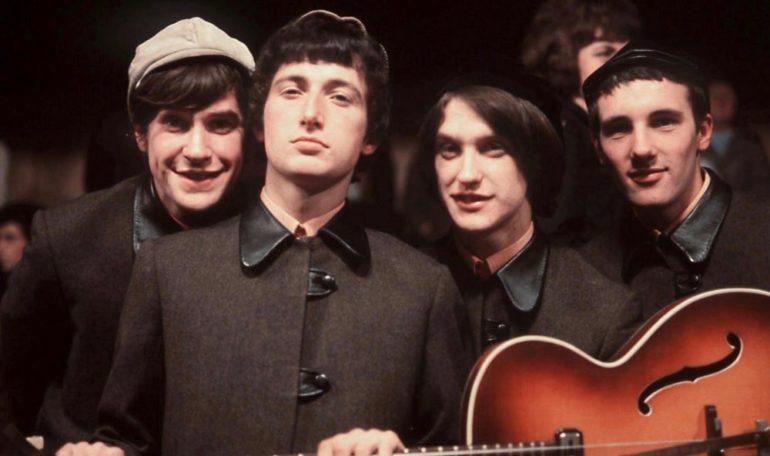Kinks’ Concept Album ‘Arthur’ Getting 88-Track Deluxe Treatment in October Box
By Chris Willman
LOS ANGELES (Variety.com) – As we proceed through the 50th anniversary celebrations of some of the great moments of rock, it may be instructive to look back at what a Rolling Stone critic considered a peak moment at the time. “Tommy”? Nah-me. “Abbey Road”? Reviewer J.R. Young was ready to cross to a different side. The album he considered the zenith at the time was the Kinks’ “Arthur (or the Decline and Fall of the British Empire.”
“Less ambitious than ‘Tommy’, and far more musical … ‘Arthur‘ is by all odds the best British album of 1969,” said Rolling Stone’s review 50 years ago. “It shows that Pete Townshend still has worlds to conquer, and that the Beatles have a lot of catching up to do.”
But “Arthur” had a hard time getting its due outside the pages of the rock press. Now, with an impending 88-track deluxe boxed set, fans who missed the album along the way can catch up and see how it really stacks up against the world of pinball wizardry and silver hammers, and buffs who are already in the know can immerse themselves in a world of outtakes and alternate takes and even a couple of fresh Ray Davies recordings.
The brand new efforts have been the source of much speculation among fan. One such track was released today, as a lyric music video: a recording of a previously unreleased number called “The Future,” which has Davies singing with a doo-wop ensemble. Sources confirm that this is a freshly minted version of a song Davies wrote but apparently never recorded during the rough “Arthur” time frame, and that the only time the general public has ever heard it was when it was brought up as part of a workshop Davies was doing for a proposed “Come Dancing” musical. It and a similar new doo-wop version of the title song, “Arthur,” were recorded by Davies just this May. These aren’t brand new “Kinks” recordings, but they do represent the band leader’s desire to bring something fresh to the set.
As for Dave Davies, his brother, fans may be getting both less and more than expected. While there are no new reunion recordings, the most attractive part of the box for some fans may be the reconstruction of a never-released solo album the brother were working on in that era before setting the whole idea aside.
“Hearing Dave’s songs again after all this time,” Ray says in the liner notes, “I found them quite moving because they were like the back story of what the Kinks were going through at the time.” Dave himself offers: “One of the reasons the album wasn’t finished was because I felt the Kinks’ management and record company were forcing me too much” at a time after he’d had success with a 1967 solo single, “Death of a Clown.” I felt very comfortable being in the Kinks and it seemed fulfilling to be part of a band. I didn’t really want for more. I couldn’t see the point.”
As with the excellent boxed set that came out last year in anniversary celebration of a 1968 concept album, “The Village Green Preservation Society,” this one is filled with riches. At the core of the set are four CDs including 81 tracks, 33 of which were not included in previous, less ambitious “Arthur” re-releases. These include both the remastered stereo and mono versions of the ’69 album, alternate mixes old and new, songs that never made it to record, and even a latter-day version of “Victoria” that sang with an orchestra. Printed memorabilia and reproductions of four 7-inch singles round out the set. A 68-page book includes an interview with the playwright who wrote a script for a TV play version of “Arthur” that was scrapped at the last minute, orphaning its album companion.
Over the years, a wider cult has grown around “Village Green Preservation Society” as the Kinks’ true masterpiece. Both deal with changes in English society, but “Arthur” was both more narrative and more arguably rocking. Listening to the opening track, “Victoria” (which continued as a staple of the Kinks’ set when they became an arena-rock outfit in America in the late ’70s), Rolling Stone’s critic wrote, “The band drops off all restraints and finally performs like a real rock and roll band instead of like a bunch of old ladies.”

